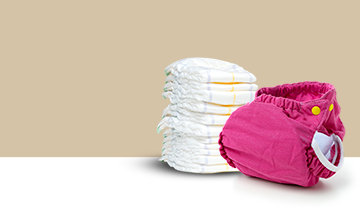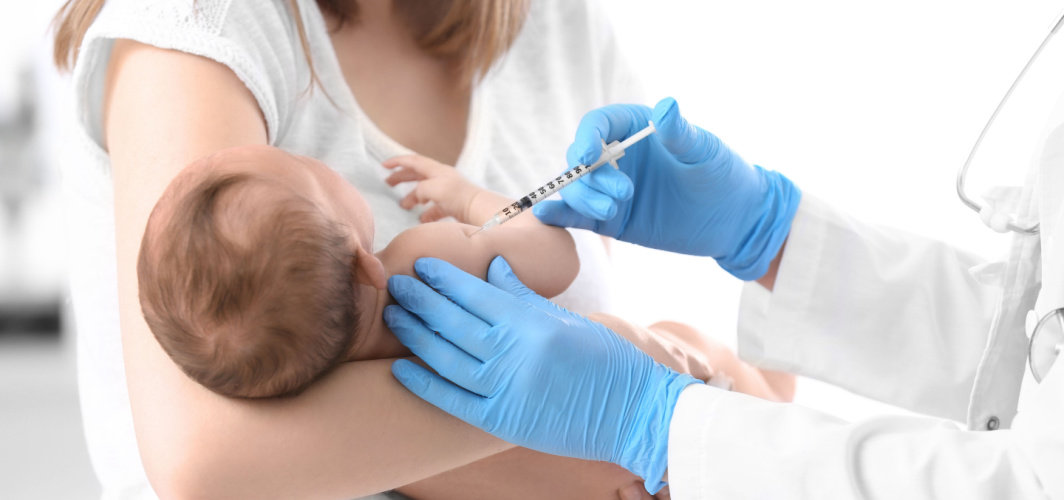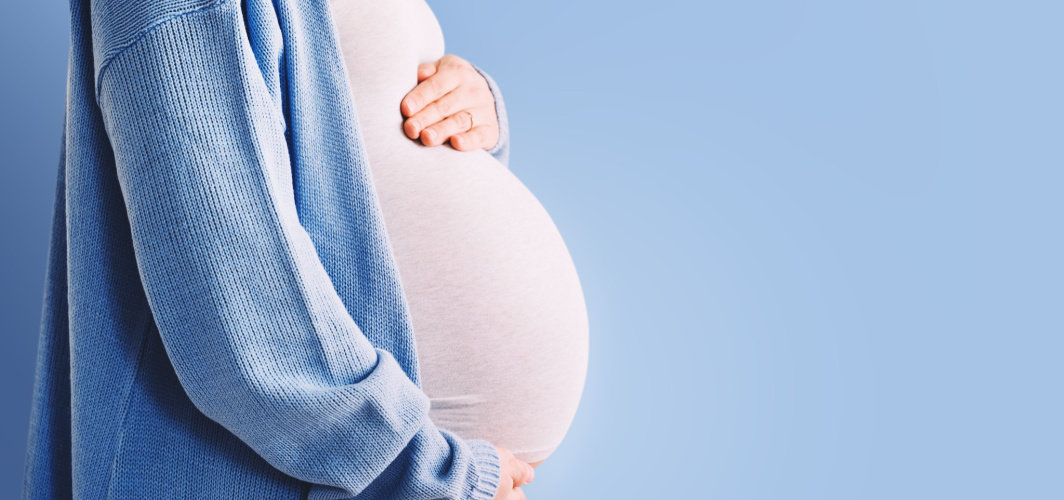- Home
- Blog
- Mom & Baby Care
6 Easy Tips To Take Proper Care Of Your Baby’s Hair & Scalp
Mom & Baby Care
6 Easy Tips To Take Proper Care Of Your Baby’s Hair & Scalp
By Apollo 24|7, Published on- 10 November 2022
Share this article
0
0 like

If you keep wondering about the right way to bathe your little one, the right way to feed them, or take care of their skin and hair, you are not alone. Every parent with a newborn goes through this dilemma. Though not all babies are born with a head full of hair, taking good care of their scalp ensures they have healthy and strong hair later in life. Learn how to take proper care of your baby’s hair by using the right baby hair oil and shampoo.
Why is it Essential to Take Care of Your Baby’s Hair?
Here are some reasons why you must pay attention to your baby’s hair care routine:
- Your child’s head and scalp are delicate. It is important to take care of them and keep them clean.
- Regardless of whether your child has a head full of hair at the time of birth or they begin to grow after, gentle oil massages can improve blood circulation to the scalp and promote the growth of hair follicles.
- If you live in tropical or humid weather, it is important to ensure your baby’s hair and scalp are not excessively affected by sweat. Washing it in regular intervals keeps their scalp and hair clean.
Top 6 Tips to Take Care of Your Baby’s Hair
Here are six easy tips for caring for your little one’s hair:
1. Wash the hair
It is adequate to wash your baby’s hair two or three times a week. Unlike adult hair, your baby’s hair does not build oil or sweat quickly. Washing your baby’s hair regularly will strip off the natural oils and dry them out. If your baby has scanty hair, washing them once a week should suffice. Always use mild, tear-free shampoo and gentle strokes to massage it into their hair strands. Wash away all the shampoo before wiping your baby’s head dry.
2. Gentle combing and brushing
When you comb or brush your baby’s hair, use a soft-bristled brush that is gentle on their scalp. Avoid using products or combing strokes that can pull or break your baby’s delicate hair. Brushing increases circulation in the baby's scalp and stimulates hair follicle growth.
3. Oil massage
A scalp massage has benefits not just for adults but also babies. Use a nourishing baby hair oil to gently massage your baby’s scalp. Massaging also boosts blood circulation, stimulating hair follicles and promoting healthy hair growth.
4. Trim their hair
You don't need to give your baby a haircut every month, but you should trim their hair every few months to eliminate any split ends. Use sharp scissors, and make sure you cut their hair while it's dry.
5. Be careful with hairstyles
While you may be tempted to try out hairstyles like tight ponytails on your little one, tight hairstyles can stress your baby's hair and scalp. It may lead to hair breakage and bald spots.
6. Use gentle, baby-safe hair care products
Less is more when applying products to your baby's hair. This is because their scalp is still growing and prone to irritation. Use baby-specific shampoos and conditioners but in recommended quantities. Refrain from using additional products like gels or mousses unless your doctor has permitted it.
Taking care of your baby's hair doesn't have to be complicated. Simple steps, like oiling, washing, and brushing their hair, can ensure they have strong, healthy hair as they grow up. While you might be tempted to try every product under the sun, stick to safe baby haircare products. If you're unsure about how to make baby hair soft and silky, consult expert paediatricians on Apollo 24|7 now.
Consult An Apollo Paediatrician
Medically reviewed by Dr Sonia Bhatt.
Services
Mom & Baby Care
Leave Comment
Services
Recommended for you

Mom & Baby Care
Cloth Diapers vs Disposable Diapers: Which is Better?
Many people don't know that disposable diapers use a technology called SAP (Super Absorbent Polymer) to absorb liquid. Cloth Diapers have a lot of benefits such as convenience and comfort which is why they are so popular among parents who want to be environmentally friendly.

Mom & Baby Care
Vaccination Schedule For Babies: When To Immunize And What To Expect?
The article highlights the necessity of immunising neonates against dangerous infections. It describes the recommended vaccines for newborns and emphasises the need of sticking to a vaccine schedule to guarantee the best possible protection for babies.

Mom & Baby Care
Most Googled Questions On Pregnancy Answered By An Apollo Expert
First-time mothers can have several doubts related to the safety and growth of the baby. Read on to know the answers to some of your pregnancy-related queries.
Subscribe
Sign up for our free Health Library Daily Newsletter
Get doctor-approved health tips, news, and more.

